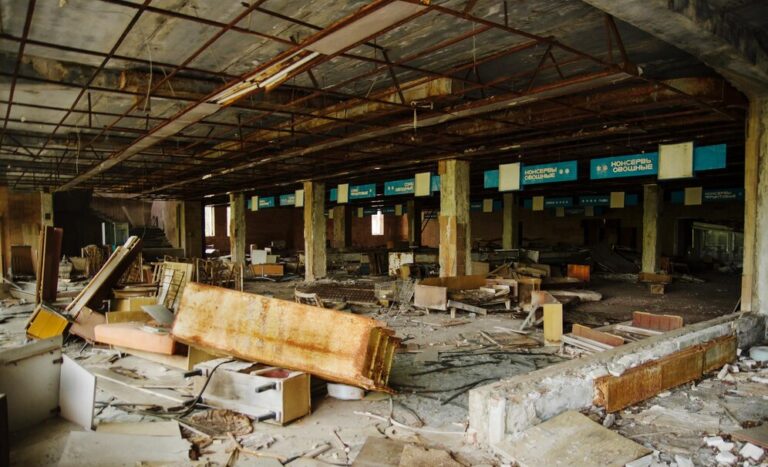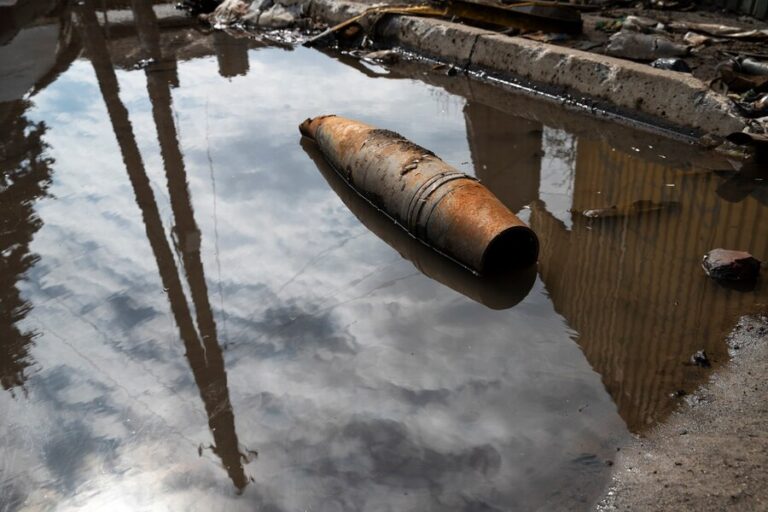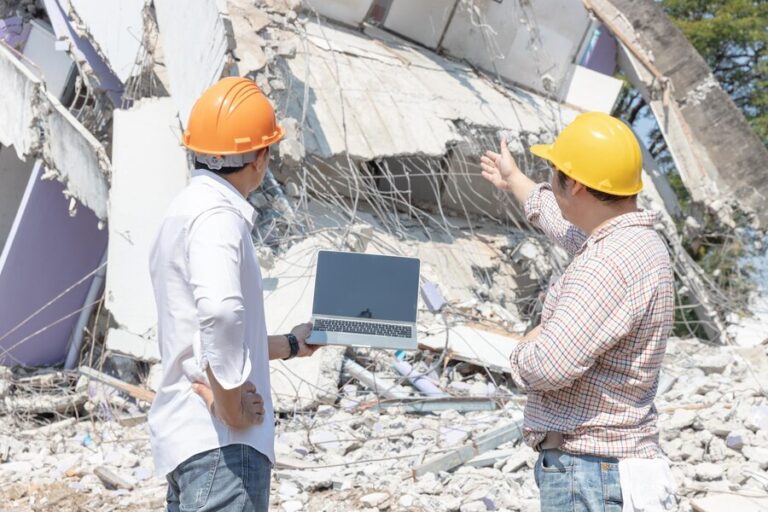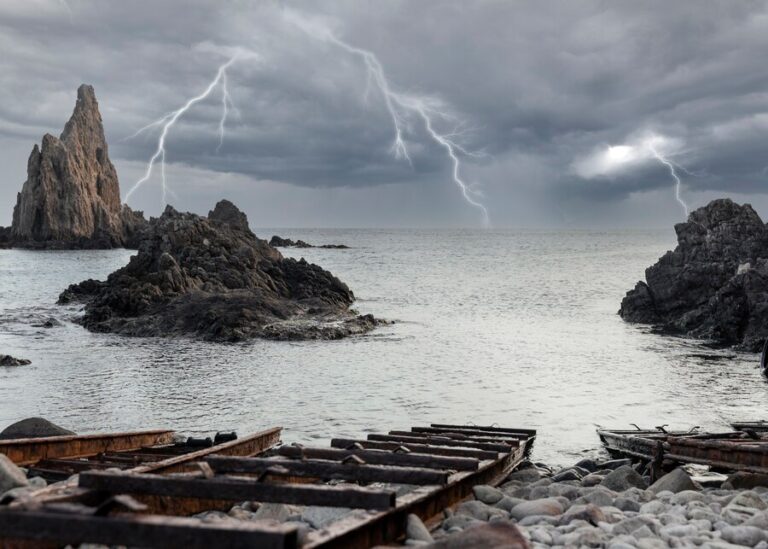Home > Contractor's All Risk Policy
Contractor's All Risk Policy
Shield contractors, architects, and engineers from financial losses due to unexpected accidents, damage, or third-party claims in construction projects.
What is Contractor’s All Risk Policy?

Features of Contractor’s All Risk Policy
Insurance coverage is applicable for civil engineering projects where the value of civil works is more than50% of the total contract value.
It operates during storage, erection/construction till completion.
Loss, damage, or destruction of property incurred due to any cause other than those excluded in the policy is covered.
It is widely demanded by construction firms and financiers involved in construction projects.
Who needs
Contractor’s All Risk Policy?
The contractor’s all risk insurance can be availed by those who are involved in any way in the construction business such as: Contractors , Purchaser or owner , Companies financing the project , Firms commissioned to carry out the work, including subcontractors You can also cover all participants under a single insurance contract for the whole project to avoid gaps in coverage.
Why get
Contractor’s All Risk Policy?
The contractor's all risk policy is a special type of insurance that helps protect construction workers from the unfortunate event of damage or destruction to their projects.It covers everything from small projects like offices, buildings, hospitals, and shopping complexes, to larger projects such as highways, dams, and tunnels.This policy provides coverage for accidental damage to the projects themselves, as well as any equipment or machinery owned by the contractors.In simple terms, it ensures that if something goes wrong during construction, the insurance will help cover the costs of repairs or replacements.
Coverages
Here are the common elements that are typically covered in a CAR policy in India






This coverage provides protection from reasonable costs and expenses incurred by the insured due to required attendance at court proceedings, hearings, trials, and depositions related to the defense of a claim.


Exclusions
Commercial Crime insurance offers many exclusions. Some of the major exclusions in the insurance policy are given below -
-
Nuclear threats, war, or war-like activity
-
Partial/total cessation of work
-
A willful act or willful negligence of the insured
-
Defective material or bad workmanship
-
Contractual liabilities, Normal wear and tear
-
Loss or damage due to faulty design
-
Damage caused by terrorism
About Contractor’s All Risk Policy
Who can purchase the contractor’s all risk insurance?
1. Purchaser or owner
2. Contractors
3. Companies that are funding the project
4. Companies hired to execute the work, including subcontractors
What is the method of calculating risk used by insurance companies?
How do I claim a contractor's all risk policy?
1. Inform your broker right away to report the damage/loss. He will assist you in the entire claim settlement process.
2. Following phone notification, the insurer must be notified in writing of the damage or incidence of a loss. The severity of property damage must be included in the written notification.
3. If the loss or damage is the result of a burglary or theft, the insured should notify
the police immediately. 4. The insurer sends a surveyor to conduct the survey.
5. The insured must now submit the completed claim form together with the accompanying documentation to the insurance company.
6. The following documents may be required-
7. The written statement of the claim, with information on the loss or damage to the property.
8. Technical damage report for machine claims.
9. Purchase invoices or delivery receipts.
10. A police report, if filed.
11. Estimate for repair or replacement.
Is it mandatory for contractors to have an all-risk policy?
Why is the contractor all risk policy important?
2. It helps mitigate the financial risks associated with accidents, natural disasters, theft, vandalism, and other unforeseen events. Thus, this policy can provide contractors with peace of mind, knowing that their project is protected in the event of an accident or damage. This can help contractors to focus on their work and avoid worrying about the financial implications of such incidents. Many clients may require contractors to have a CAR policy in place before they will award a contract. This is because they want to ensure that their project is protected in the event of an accident or damage.
What does a cross liability mean in a contractor's all risk policy?
What is covered in the contractor's all risk policy?
1. Construction material damage
2. Third-party liability
3. Fire and allied perils
4. Collapse
5. Faults in construction
6. Negligence and human errors
7. Earthquake
8. Water damage
9. Storms, floods, cyclones, and tempests
In which risks does the contractor's all risk policy not apply?
2. Nuclear risks like nuclear radiation or other nuclear incidents.
3. War risks like damage caused by war, invasion, acts of foreign enemy, terrorism, etc.
4. Damage caused by pollution or contamination.

